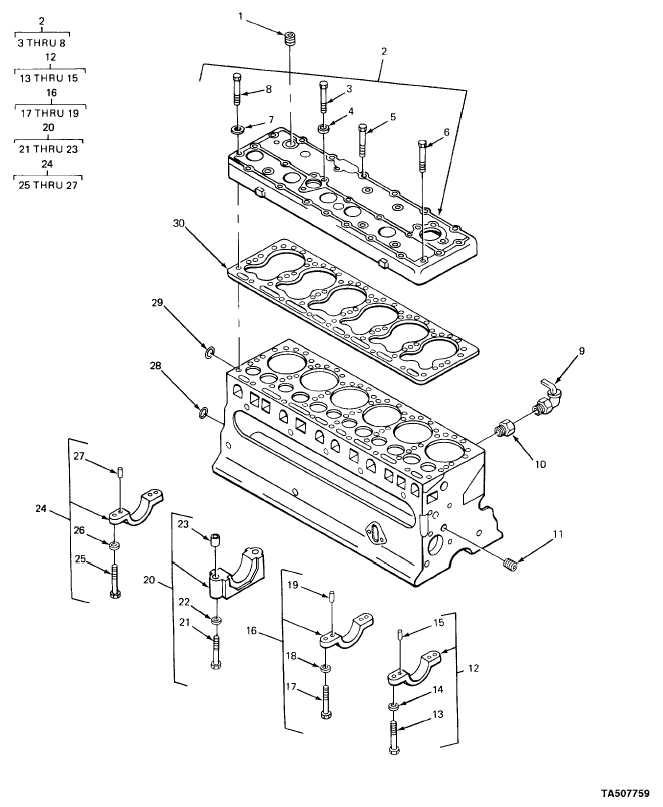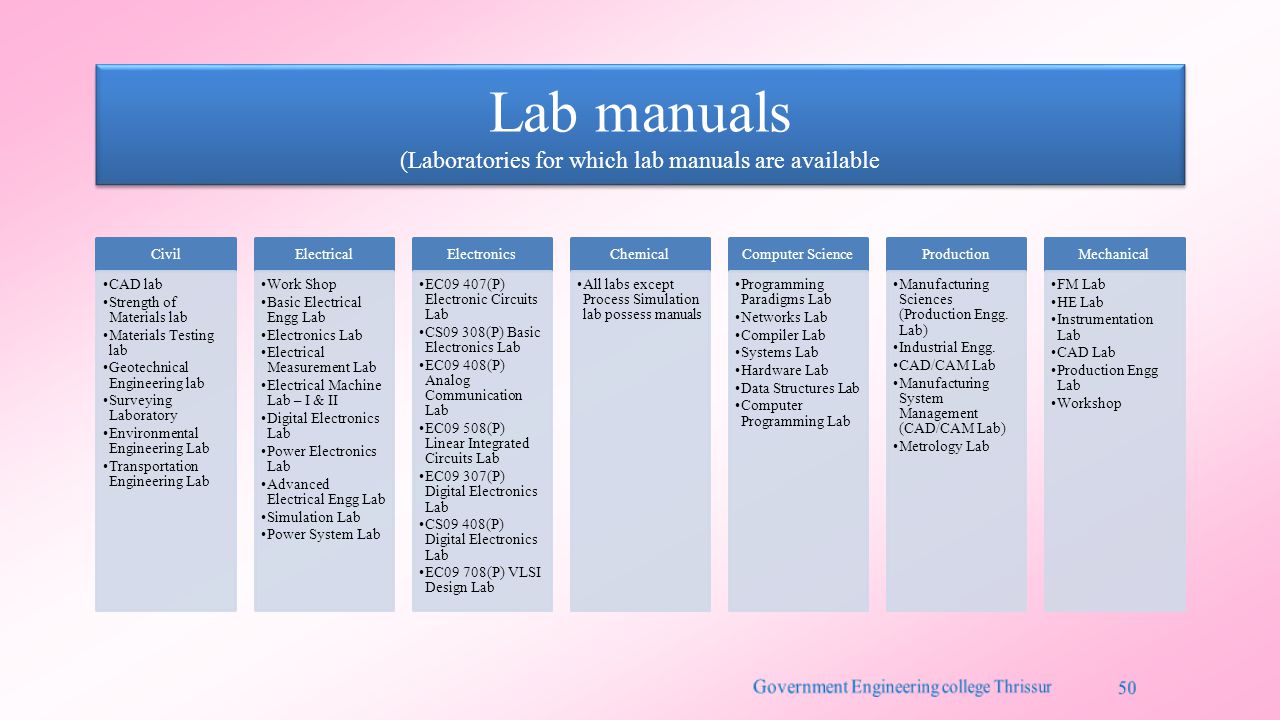After plaintiff filed suit against Air Methods for wrongful discharge in violation of public policy, Air Methods removed the case to federal court and moved to dismiss based on the pre-emption provision of the Airline Deregulation Act (ADA), 49 U.S.C. The district court relied on Botz v. Omni Air International, 286 F.3d 488 (8thCir. 2002), and dismissed the complaint.
Health (NIOSH), the Occupational Safety and Health Administration (OSHA), the Mine Safety and Health Administration. NIOSH Manual of Analytical Methods alpha Quartz alpha Cristobalite. Polymorphs of crystalline silica [5]. PHYSICAL PROPERTIES OF.


The Eighth Circuit reversed, holding that the ADA did not expressly preempt plaintiff's state-law wrongful-discharge claims involving post hoc reporting of alleged violations of air-safety regulations. To the extent that the court's opinion in Botz held otherwise, the court overruled it. Plaintiff filed suit against his former employer, Air Methods, in state court for wrongful discharge in violation of public policy. Air Methods removed to federal court and the district court, relying on this court's decision in Botz v.
Origin Pro 8 Serial Number Generator. Omni Air International, dismissed the complaint. In Botz, the court construed the effect of the Airline Deregulation Act (ADA), 49 U.S.C.
4173(b)(1), pre-emption clause on state whistleblower-protection laws. Although three circuits have disagreed with Botz in relevant part, the court concluded that plaintiff's claim cannot be distinguished from the second claim dismissed in Botz. Botz ruled that the plain language of section 41713(b)(1), bolstered by enactment of the Wendell H.
Ford Aviation Investment and Reform Act for the 21st Century (WPP), 49 U.S.C. 42121, pre-empted a whistleblower-retaliation claim based on reporting an alleged safety violation to an employer.
Plaintiff argued that if Botz cannot be distinguished, then it should be overruled in relevant part. But one three-judge panel cannot overrule another. Plaintiff may raise this contention in a petition for rehearing en banc.
Accordingly, the court affirmed the judgment. In 2002 an uncontrolled, runaway commercial aircraft at Las Vegas’s McCarran International Airport came to a rest at the bottom of an embankment. A maintenance worked had failed to properly engage the parking brake. The resulting property damage and loss-of-use of the aircraft totaled more than $10 million. The aircraft’s owner, Northwest Airlines, obtained a default judgment in Minnesota state court against PALS, the maintenance company responsible for the wreck, then commenced a garnishment action to recover part of the amount from PALS’s insurer, Westchester, which argued that PALS’s failure to provide notice and to cooperate extinguished Westchester’s payment obligation. While acknowledging unanswered questions of state law, the Eighth Circuit affirmed judgment in favor of Northwest. A Clark County ordinance mandates hangar-keepers liability insurance to protect parties like Northwest.
S7 Know How Manager Keygen 2016 - And Reviews 2016. Given this purpose, insurance coverage could not be avoided for an insured’s simple failure to satisfy the technical post-loss conditions on statutorily mandated coverage. GoJet petitioned for review of the FAA Acting Administrator's ruling that GoJet violated FAA regulations when it failed to make a logbook entry and to remove a gear pin.
GoJet argued that it did not violate 14 C.F.R. 91.13(a) and 121.153(a)(2) by carelessly or recklessly operating an unairworthy airplane, and procedural error.
The court concluded that the Administrator did not err in determining that GoJet violated section 121.153(a)(2) where the type-certificate nonconformity in this case - inoperable landing gear - was so clearly related to safe operation of the airplane that a finding that the airplane was not airworthy was clearly warranted based solely on this nonconformity. The court also concluded that the Administrator did not err in crediting an FAA Inspector's testimony regarding potential danger and finding that GoJet violated section 91.13(a). The Administrator's decision that GoJet failed to establish extraordinary circumstances was not arbitrary or capricious. A violation of section 91.13(a) did not require proof of actual danger to lives or property; the potential for danger was enough. Finally, the agency did not abuse its discretion in terminating the Voluntary Disclosure Reporting Program self-disclosure proceeding and commencing a civil penalty action. Accordingly, the court denied the petition for review. Northwest and the Pilots Association filed a complaint seeking a declaratory judgment that their post-bankruptcy retirement benefit plan (MP3) complied with the Employment Retirement Income Security Act (ERISA), 29 U.S.C.
Appellants (older Pilots) counterclaimed arguing that the MP3 retirement benefit plan violated ERISA, the Age Discrimination in Employment Act (ADEA), 29 U.S.C. 621-634, and several state laws prohibiting age discrimination.
Under the MP3, the contributions of all of the pilots were based on their protected final average earnings, which could not be calculated without the use of age. However, that did not mean that the older Pilots' contributions have been reduced because of their age. There were several factors in the MP3 that could reduce an older pilots' projected final average earnings. While promotions and pay increases were correlated with age, they were analytically distinct and therefore not reductions in contributions because of age. Service ration and the frozen Pension Plan offset also both contributed to potential differences in contribution. Finally, the court rejected older Pilots' argument that the district court improperly disregarded the declaration of their expert witness. Therefore, the court held that the MP3 did not reduce the older Pilots' benefits because of age and therefore affirmed the judgment of the district court.
Trans State Airlines, LLC ('TSA') appealed the district court's grant of summary judgment to Air Line Pilots Association International ('ALPA') enforcing an arbitrator's award of backpay to a pilot after TSA fired him. At issue was whether the award violated public policy against large loans to union officials embodied in the Labor Management Reporting and Disclosure Act ('LMRDA'), 29 U.S.C. After concluding that TSA had standing to pursue an appeal and that the arbitrator's unreviewed decision in a prior arbitration did not preclude TSA's public policy challenge, the court held that the lack of control, combined with the purpose and structure of the section 60 payments in ALPA's Administrative Manual, weighed against finding the payments were an illegal loan.
ALPA's Executive Board Convenes ALPA's Executive Board Convenes By Gavin Francis, Staff Writer Air Line Pilot, June/July 2004, p.21 Members of the 93rd ALPA Executive Board met in Washington, D.C., in late May to consider several significant issues, including a candidate endorsement for the upcoming presidential election in November. The Executive Board is made up of master executive council chairmen from each of ALPA’s 42 airline pilot groups. The Board meets twice a year to review and establish ALPA policies, and has the authority to control the Association’s general management and business affairs in accordance with ALPA’s Constitution and By-Laws. The meeting took place at the Washington Court Hotel over a 2-day period, during which committee members debated issues and drafted language before submitting resolutions for a vote by the full Executive Board. What follows is a brief summary of agenda items that the Board acted on: Presidential Endorsement: The Executive Board voted unanimously to endorse Sen. John Kerry (D-Mass.) for president of the United States.
Review of ALPA’s Administrative Manual: After thorough review, the Executive Board voted to amend several sections of ALPA’s Administrative Manual. These included the following: —Section 60—The committee reviewing the accounting and finance policies contained in this section identified several policies that needed to be amended to clarify them or make them conform to administrative practice, plus policies that needed to be amended to comply with the Association’s current financial restructuring.
Part 1.C.2 was amended to allow an MEC that is required to negotiate and administer multiple contracts with separate seniority lists for two or more airlines to be treated as separate MECs with specific procedures for funding operations. The MEC will continue to function in all other respects as a single MEC. This amendment addresses current issues at the Continental/ExpressJet MEC. —Section 15, Parts 2 and 3—These parts pertain specifically to the Information Systems and Services Department and the policies it administers. Review of the section revealed that many policies needed to be updated, and that the section could be reorganized so that the information could be more easily understood.
—Section 80, Parts 1,4,5, and 6—Review of ALPA’s safety policies contained in this section was undertaken to update existing policy or propose new policies based on changes in the aviation system or changes in Association views on safety issues. ALPA Web Board Policy: The Executive Board voted to amend ALPA’s Administrative Manual to include a policy that establishes provisions for member access to, usage of, and termination from ALPA message boards. Use of Copyrighted Material: The Executive Board voted to amend ALPA’s Administrative Manual, prohibiting ALPA representatives and staff from reprinting or otherwise publishing copyrighted material without the written permission of the copyright holder. Operating Contingency Fund Grant: The Executive Board voted to grant the America West Airlines MEC $493,292 to implement a comprehensive and strategic communications plan to counter the decertification efforts of the America West Pilots Association. ALPA Polling and Survey Policy: The Executive Board voted to amend ALPA’s Administrative Manual to include a policy for procedures and practices for polling ALPA membership. Age 60 Benefits Bridge: The Executive Board reaffirmed its desire to obtain necessary changes to Medicare and Social Security laws and directed that a report be provided to the September Executive Board.
ALPA-Sponsored Health Plan: After accepting a report from ALPA’s Retirement and Insurance Committee, the Executive Board voted not to act on a proposal to develop an ALPA-sponsored multiemployer health plan for its members, indicating that such action is not currently feasible. National Security Committee Structure Review: The Executive Board voted to create a committee appointed by ALPA’s president to review the National Security Committee structure, work program, and lines of authority, responsibility, and staff support. The committee will report its findings to the September 2004 Executive Board. Amendment to ALPA’s Constitution and By-Laws: The Executive Board voted to recommend to ALPA’s Board of Directors that Article IV, Section 6, and Article VII, Section 8, of ALPA’s Constitution and By-Laws be amended to allow vice-chairmen to act as proxy in MEC meetings whenever designated by a representative who is unable to attend. These amendments will be sent to ALPA’s Board of Directors by mail ballot—such proposed amendments require a two-thirds vote of the BOD on a roll-call basis of valid ballots returned by the BOD. Executive Board and Board of Directors Processing of National Committee Reports: The Executive Board voted to amend Section 71, Part 1.B, of ALPA’s Administrative Manual with respect to Executive Board review of BOD National Committee Report agenda items.
ALPA Computer Purchase Policy: The Executive Board voted to amend ALPA’s Administrative Manual to broaden the computer purchasing policy, enabling designated LEC committee members to more efficiently accomplish Association work. Major Contingency Fund (MCF) Authorizations: The Executive Board voted to allocate $500,000 from the MCF for the Gemini MEC strike preparedness program.
The Gemini MEC will submit a financial operating plan to the Executive Council. ALPA’s president will appoint a Strike Oversight Board for the MEC. The Executive Board also voted to allocate $2 million from the MCF to the Continental MEC for the Express-Jet strike preparedness, communications, and family awareness programs. The Continental MEC will submit a financial operating plan to the Executive Council.
ALPA’s president will appoint a Strike Oversight Board for the MEC. Federal Flight Deck Officer (FFDO) Program and National Security Committee Policy: The Executive Board voted that ALPA’s president and Government Affairs Department, in consultation with ALPA’s National Security Committee, will administer and coordinate all legislative activity on FFDO and flight security issues.